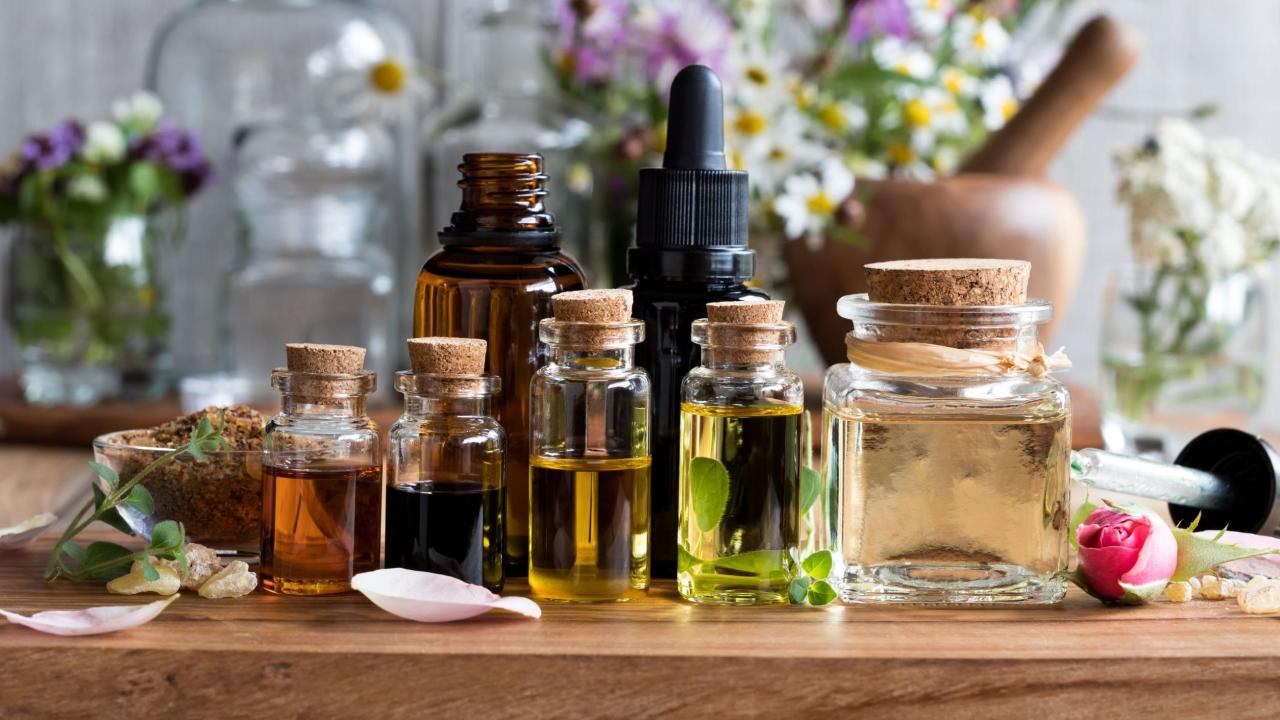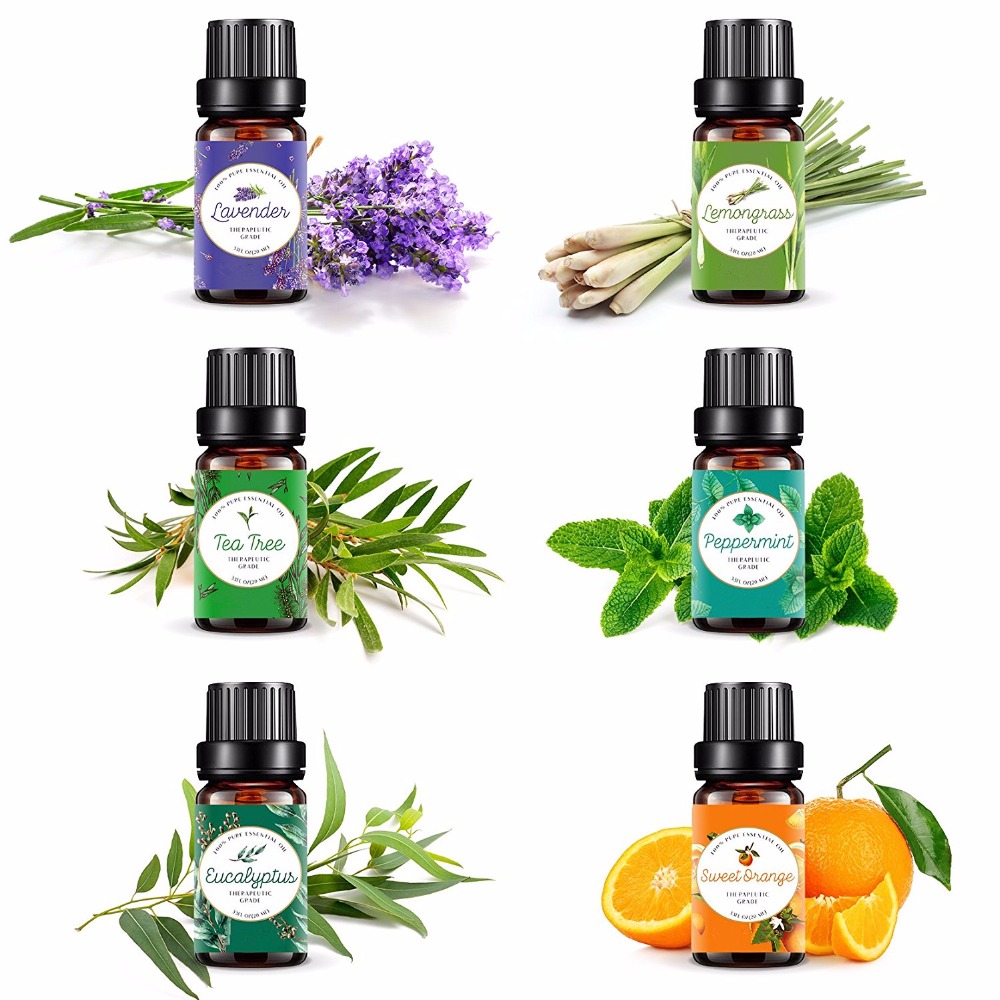In the realm of wellness and indulgence, private label aromatherapy emerges as a captivating symphony of scents, inviting us to embark on a journey that transcends the ordinary.
This aromatic haven offers an array of benefits, from tranquility and stress relief to enhanced sleep and heightened brand identity. As we delve into the intricacies of private label aromatherapy, we will unravel its transformative power, guiding you through the steps of creating your own distinctive brand and exploring the art of sourcing, selecting, and developing exceptional aromatherapy products.
Benefits of Private Label Aromatherapy
Private label aromatherapy offers a multitude of benefits for businesses and individuals alike. By creating their own branded aromatherapy products, businesses can establish a unique identity, differentiate themselves from competitors, and foster customer loyalty.
Enhanced Brand Identity
Private label aromatherapy allows businesses to create products that align with their brand values and aesthetic. By selecting scents, packaging, and labeling that reflect their brand identity, businesses can create a cohesive and memorable customer experience.
Customer Loyalty
Offering unique and high-quality aromatherapy products can help businesses build strong customer relationships. When customers find products that resonate with their needs and preferences, they are more likely to become loyal repeat customers.
Improved Relaxation and Stress Relief
Aromatherapy has been shown to have a calming and relaxing effect on the mind and body. By using private label aromatherapy products, individuals can create a soothing and stress-free environment in their homes or workplaces.
Enhanced Sleep
Certain scents, such as lavender and chamomile, have been found to promote relaxation and sleep. Private label aromatherapy products can be used to create a relaxing bedtime routine, helping individuals fall asleep more easily and improve the quality of their sleep.
Creating a Private Label Aromatherapy Brand
Embarking on the journey of establishing a successful private label aromatherapy brand requires careful planning and strategic execution. By following these steps, you can navigate the process effectively and build a brand that resonates with your target audience.
Target Market Identification
Defining your target market is crucial. Consider their demographics, lifestyle, values, and specific aromatherapy needs. Understanding their preferences will guide your product development, packaging design, and marketing efforts.
Product Development
Develop a range of high-quality aromatherapy products that cater to your target market’s needs. Focus on creating unique blends, using pure essential oils, and offering a variety of formats (e.g., diffusers, candles, body care products).
Packaging Design
The packaging of your aromatherapy products plays a vital role in creating a strong brand identity. Design visually appealing packaging that reflects your brand’s aesthetic and conveys the benefits of your products.
Brand Identity and Marketing Strategy
Establish a clear brand identity that differentiates you from competitors. Develop a brand name, logo, and tagline that resonate with your target market. Implement a comprehensive marketing strategy that includes online and offline channels to promote your brand and generate sales.
Sourcing and Selecting Aromatherapy Ingredients
Crafting high-quality private label aromatherapy products begins with sourcing and selecting the finest ingredients. Ethical and sustainable sourcing practices ensure the integrity of your products while supporting responsible farming and extraction methods.
From fragrant essential oils to soothing carrier oils, a wide range of aromatherapy ingredients is available. Each ingredient possesses unique therapeutic properties, making careful selection crucial for creating effective blends.
Suppliers of Aromatherapy Ingredients
Establishing relationships with reputable suppliers is essential. Look for companies that prioritize quality, transparency, and sustainability. Consider their certification and accreditation, ensuring they adhere to industry standards and ethical practices.
- The National Association for Holistic Aromatherapy (NAHA)
- The International Federation of Aromatherapists (IFA)
- The Alliance of International Aromatherapists (AIA)
Types of Aromatherapy Ingredients
Aromatherapy ingredients fall into two primary categories:
- Essential Oils:Highly concentrated plant extracts obtained through distillation or cold pressing. They possess potent therapeutic properties.
- Carrier Oils:Neutral oils used to dilute essential oils before topical application. They provide a base for blends and enhance absorption.
Factors to Consider When Selecting Ingredients
When selecting ingredients, consider the following factors:
- Therapeutic Properties:Research the specific therapeutic benefits of each ingredient to create blends tailored to desired outcomes.
- Quality and Purity:Ensure ingredients are sourced from reputable suppliers and meet industry standards for quality and purity.
- Blending Compatibility:Consider how different ingredients interact when blended to create harmonious and effective formulations.
- Target Audience:Determine the specific needs and preferences of your target audience to develop products that resonate with them.
Product Development for Private Label Aromatherapy
Developing a range of private label aromatherapy products requires a systematic approach that encompasses product design, ingredient sourcing, manufacturing, and quality control. By following a step-by-step guide, you can ensure the creation of high-quality aromatherapy products that meet the specific needs of your target market.
Types of Aromatherapy Products
The range of aromatherapy products available includes:
- Essential Oils:Pure, concentrated plant extracts used in aromatherapy diffusers, blends, and skincare products.
- Aromatherapy Blends:Combinations of essential oils designed for specific purposes, such as relaxation, sleep, or stress relief.
- Candles:Scented candles made with essential oils or fragrance oils, providing ambient scenting and mood enhancement.
- Diffusers:Devices that disperse essential oils or blends into the air, creating an aromatic atmosphere.
Product Testing and Quality Control
Ensuring the safety and efficacy of your aromatherapy products is crucial. Product testing should include:
- Purity and Composition Analysis:Verifying the authenticity and concentration of essential oils used.
- Sensory Evaluation:Assessing the aroma, appearance, and texture of products to ensure consistency.
- Safety Testing:Conducting toxicity and skin irritation tests to ensure product safety.
Marketing and Sales for Private Label Aromatherapy

Marketing and sales play a crucial role in the success of any private label aromatherapy brand. To establish a strong market presence, it is essential to develop a comprehensive marketing and sales strategy that encompasses both online and offline channels.
Online Marketing Channels
- Social Media:Leverage social media platforms like Instagram, Facebook, and Pinterest to showcase products, engage with potential customers, and build a community.
- E-commerce:Establish an online store to sell products directly to consumers, ensuring a seamless shopping experience and convenient access.
- Influencer Marketing:Collaborate with influencers in the wellness or aromatherapy space to promote products and reach a wider audience.
Offline Marketing Channels
- Retail Partnerships:Partner with local health food stores, spas, and yoga studios to distribute products and gain exposure to a targeted customer base.
- Trade Shows and Events:Attend industry events to showcase products, network with potential buyers, and generate leads.
- Print Advertising:Consider placing advertisements in relevant magazines or local publications to reach a specific audience.
Customer Service and Loyalty
Excellent customer service is paramount for building a loyal customer base. Respond promptly to inquiries, resolve issues effectively, and offer personalized recommendations to foster positive experiences.
Last Word

As we conclude our aromatic exploration, we recognize the profound impact that private label aromatherapy can have on our well-being and business endeavors. By embracing its essence, we unlock a world of possibilities, where scents become potent tools for relaxation, rejuvenation, and the creation of unforgettable brand experiences.